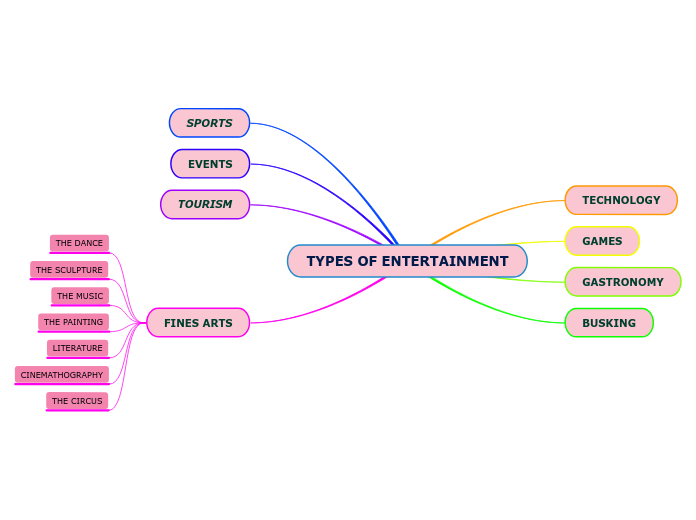Metaphors for Success
QuickMBA
Ansoff Matrix
Suicide Cell
SMART
and Means
Technology
Rapid
Achievement
Motivation
Synergy
Timely
A goal should be grounded within a time frame. With no time frame tied to it there's no sense of urgency. If you want to lose 10 lbs, when do you want to lose it by? "Someday" won't work. But if you anchor it within a timeframe, "by May 1st", then you've set your unconscious mind into motion to begin working on the goal.
Realistic
To be realistic, a goal must represent an objective toward which you are both willing and able to work. A goal can be both high and realistic; you are the only one who can decide just how high your goal should be. But be sure that every goal represents substantial progress. A high goal is frequently easier to reach than a low one because a low goal exerts low motivational force. Some of the hardest jobs you ever accomplished actually seem easy simply because they were a labor of love.
Your goal is probably realistic if you truly believe that it can be accomplished. Additional ways to know if your goal is realistic is to determine if you have accomplished anything similar in the past or ask yourself what conditions would have to exist to accomplish this goal.
Attainable
When you identify goals that are most important to you, you begin to figure out ways you can make them come true. You develop the attitudes, abilities, skills, and financial capacity to reach them. You begin seeing previously overlooked opportunities to bring yourself closer to the achievement of your goals.
You can attain most any goal you set when you plan your steps wisely and establish a time frame that allows you to carry out those steps. Goals that may have seemed far away and out of reach eventually move closer and become attainable, not because your goals shrink, but because you grow and expand to match them. When you list your goals you build your self-image. You see yourself as worthy of these goals, and develop the traits and personality that allow you to possess them.
Measurable
Establish concrete criteria for measuring progress toward the attainment of each goal you set. When you measure your progress, you stay on track, reach your target dates, and experience the exhilaration of achievement that spurs you on to continued effort required to reach your goal.
To determine if your goal is measurable, ask questions such as......How much? How many? How will I know when it is accomplished?
Specific
A specific goal has a much greater chance of being accomplished than a general goal. To set a specific goal you must answer the six "W" questions:
*Who: Who is involved?
*What: What do I want to accomplish?
*Where: Identify a location.
*When: Establish a time frame.
*Which: Identify requirements and constraints.
*Why: Specific reasons, purpose or benefits of accomplishing the goal.
EXAMPLE: A general goal would be, "Get in shape." But a specific goal would say, "Join a health club and workout 3 days a week."
SWOT
Means
Threats
Oppertunities
Weaknesses
Strengths
Getting Things Done
7 Habits
Sharpen the Saw
Synergize
Seek First to Understand, Then to Be Understood
Think Win/Win
Put First Things First
Begin with the End in Mind
Be Proactive
IDEAL
OneMinuteManager
Praise
Redirect
ObjectiveStatement









